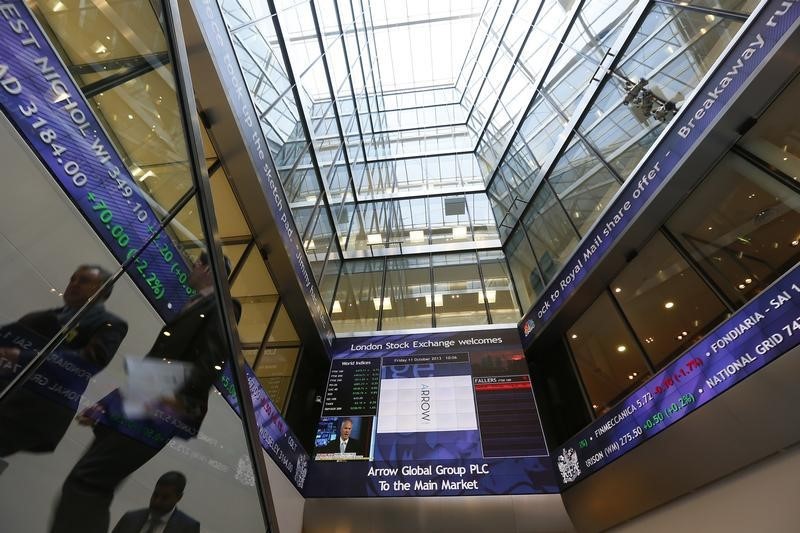Gold prices set for weekly gains on dovish Fed outlook; silver near record high
Proactive Investors - UK long-term bond yields rose to their highest in 25 years overnight, reflecting a heavy sell-off in their US bonds following hints by the Federal Reserve that interest rates there are not coming down any time soon.
Benchmark 30-year gilts touched a peak of 5.115% in early trade, its highest since September 1998, according to Refinitiv data.
Even in Japan, where official rates are still below 0%, bond yields are back at levels seen in 2013, according to Refinitv.
Experts say this matters because government borrowing costs influence everything from mortgage rates for homeowners to loan rates for companies and valuations of stock markets.
The US Fed’s comments about interest rates reflected robust job creation and economic numbers and led to predictions that any rate cuts, when they do come, will be smaller than previously expected.
US government borrowing is already high and to service that requires additional bond sales, which have to carry much higher rates to tempt buyers at a time when there is so much uncertainty.
Russ Mould at AJ Bell commented: “In the USA, another flap over the debt ceiling is a reminder that America has added over $1.5 trillion in government borrowing since April’s debt deal on Capitol Hill, and that the interest bill on the $33 trillion federal debt mountain is now running at an annualised rate just shy of $1 trillion."
Deutsche Bank (ETR:DBKGn) estimates US 10-year Treasuries are back to averages not seen since 2007, adding to the pressure on funding costs, reported Reuters.
Yields run inversely to the underlying value of a bond, so rising yields mean capital losses for bondholders and this will be the third year of red ink in a row.
Silicon Valley Bank was a casualty of hefty loss on its US bond portfolios and ultimately had to be rescued by the Treasury.
Higher bond yields also draw money out of stock markets as investors conclude that the inflationary risk of holding bonds is diminished and more buyers also push the dollar higher exporting inflation to other countries.
"If a central bank is raising interest rates, then the yield on existing government paper will look less attractive. Investors will sell them and look to buy newly issued gilts, which will have to come with a higher yield to attract buyers and help the government fund its spending needs," Mould adds.
Emerging markets, especially, feel the pinch as their currencies are sensitive to a strengthening dollar.
